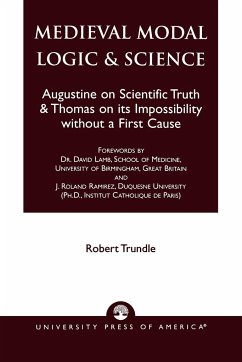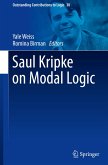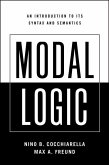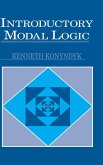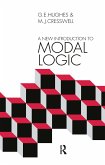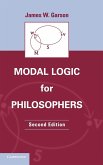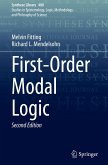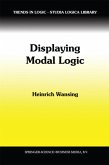Medieval Modal Logic & Science uses modal reasoning in a new way to fortify the relationships between science, ethics, and politics. Robert C. Trundle accomplishes this by analyzing the role of modal logic in the work of St. Augustine and St. Thomas Aquinas, then applying these themes to contemporary issues. He incorporates Augustine's ideas involving thought and consciousness, and Aquinas's reasoning to a First Cause. The author also deals with Augustine's ties to Aristotelian modalities of thought regarding science and logic, reassessing the commonly held belief in Augustine's Platonism to not be a mistake as much as a simplistic view of his philosophy. Trundle links contemporary issues in epistemology, morality, theology, and logic, making several useful connections between ancient and medieval studies in modal logic and modern concerns. These applications of modal theory illuminate many puzzles in the works of Heidegger, Wittgenstein, Whitehead, and Kuhn.
Hinweis: Dieser Artikel kann nur an eine deutsche Lieferadresse ausgeliefert werden.
Hinweis: Dieser Artikel kann nur an eine deutsche Lieferadresse ausgeliefert werden.

